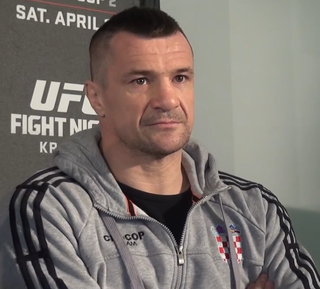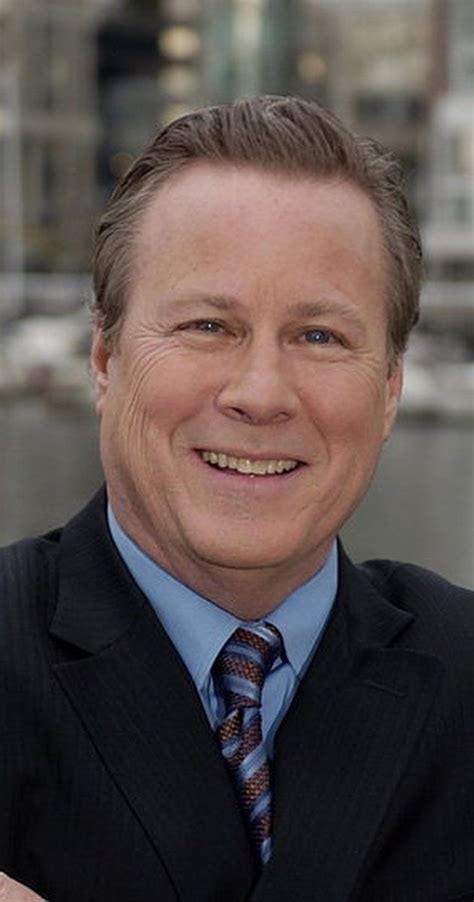A Quote by Haruki Murakami
I’ve never once thought about how I was going to die,” she said. “I can’t think about it. I don’t even know how I’m going to live.
Related Quotes
We don't think about how the songs are going to translate so much during the writing process. Once the song is recorded, and once we're mixing, that's when it occurs to me. Then you start rehearsing to play shows. I never concern myself about how we're going to pull it off live, because I know we'll figure out a way to do it.
She smiled at him. “How did you know just what I’d want to see?” “How could I not?” he said. “When I think of you, and you are not there, I see you in my mind’s eye always with a book in your hand.” He looked away from her as he said it, but not before she caught the slight flush on his cheekbones. He was so pale, he could never hide even the least blush, she thought — and was surprised how affectionate the thought was.
There's that wonderful line in Measure for Measure. I forget which of the characters has committed adultery and is going to die. He looks at his hand and says, "How could this die?" That's the joke. I've always thought, and this is nothing new, that we don't really believe we die. I think you're going to die, because I know that's what happens but I can't imagine I'm going to die.
My wife's dying upstairs and I can't do anything about it. I look in her face and I see the memories there. I see how I hurt her and how I said the wrong things and how I got angry and how I wasn't the man she hoped I'd be. I see that in her face and I see she's going to die with that. You think I'm not preoccupied?
We know how to think. We know how to laugh. We know we're going to die, which gives us a lot to think about, and we have a need for, what I would call, "the transcendent" or "the numinous" or even "the ecstatic" that comes out in love and music, poetry, and landscape. I wouldn't trust anyone who didn't respond to things of that sort.
I remember going to a theater once, and there was a stairway that wound its way out to the back. And I was very young, a small child, and I said to my mom, 'Why are those people going up those stairs?' And she said, 'You know, I don't know how to tell you this, I don't know how to explain it, but it won't always be that way, because it's wrong.'
When I was a young woman, I had this friend who was really beautiful, and she would talk about how she was losing her looks, that she wasn't as pretty as she once was. She was gorgeous, and I thought, I'm going to stop this bad habit of self-criticism that I think a lot of women get into. You make a choice to be different.
When my agent called me up and said, "Do you want to be in a movie called Sharknado?" I said, "What is it about? Is it really about sharks falling out of the sky and eating people?" And she said, "Yes." And I said, "Definitely. That is going to be a huge hit. That is going to put to rest the Home Alone dad image. I'm going to be the Sharknado drunk instead, hopefully." And I was right. I don't know how I knew that, but I just knew that Sharknado was going be a huge hit.
When I was a freshman at Yale, one teacher brought me up after class and said, 'You're trying to undermine my class.' And I thought to myself, 'Oh my God, I'm going to be kicked out of school on the first week.' Not only do I not have a sense of self, I don't even know what she's talking about. I don't even know how to undermine anything.
I was about 20 when my mom got sick with cancer and it was bad. It was very scary and at the time I was doing my first screenplay and I was on deadline and was alone with my father in Massachusetts. I said, "Pop, you know, I don't how I'm going to work. I don't know how I can get this done. You know, I got to hand this script in and I can't think about anything but Mom." He said, "Well, you know, now is the time when you're going to learn what it means to compartmentalize." And those words really had an impact on me.
How little we know of what there is to know. I wish that I were going to live a long time instead of going to die today because I have learned much about life in these four days; more, I think than in all other time. I'd like to be an old man to really know. I wonder if you keep on learning or if there is only a certain amount each man can understand. I thought I knew so many things that I know nothing of. I wish there was more time.
It wasn't about how she looked, which was pretty, even though she was always wearing the wrong clothes and those beat-up sneakers. It wasn't about what she said in class--usually something no one else would've thought of, and if they had, something they wouldn't have dared to say. It wasn't that she was different from all the other girls at Jackson. That was obvious. It was that she made me realize how much I was just like the rest of them, even if I wanted to pretend I wasn't.





































